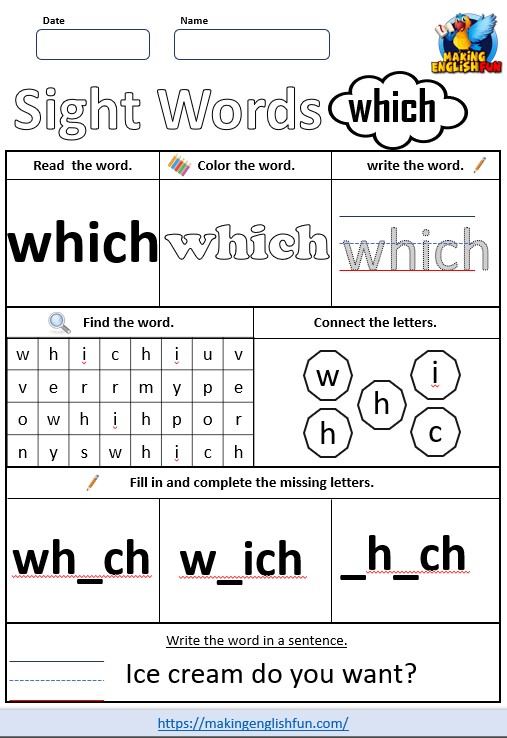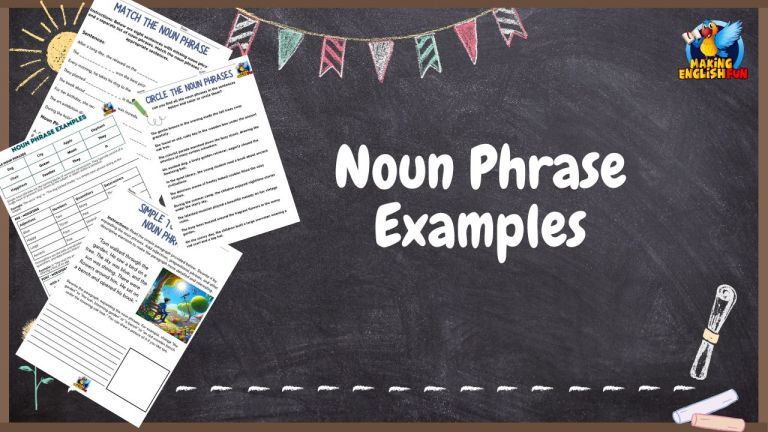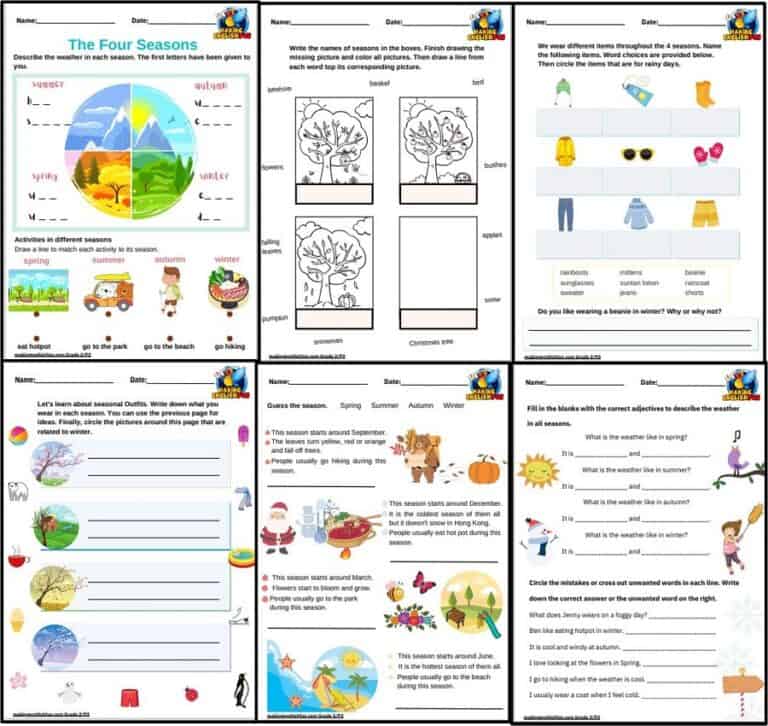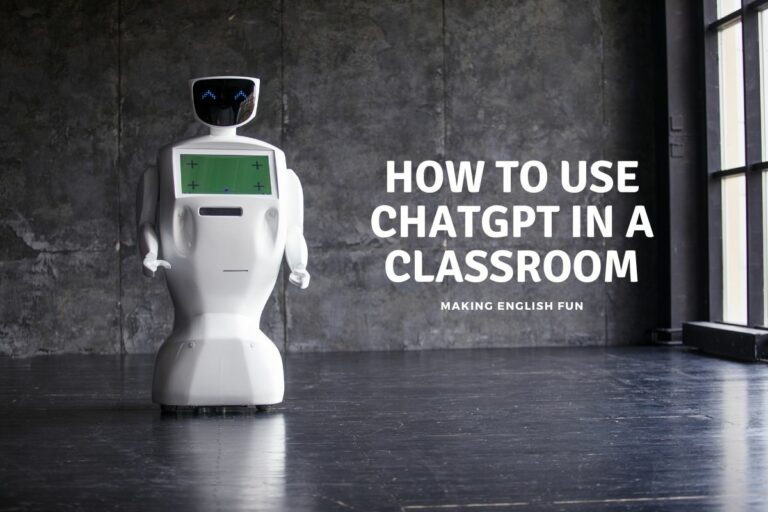What is the Game-Based Learning Strategy?
Game-Based Learning integrates the engaging and interactive elements of games into learning experiences. This innovative approach goes beyond traditional educational methodologies, offering an immersive environment where learning is not only informative but also enjoyable.
In this exploration of Game-Based Learning, we will delve into its core principles, the theories that support it, and how it can significantly enhance both the teaching and learning process.
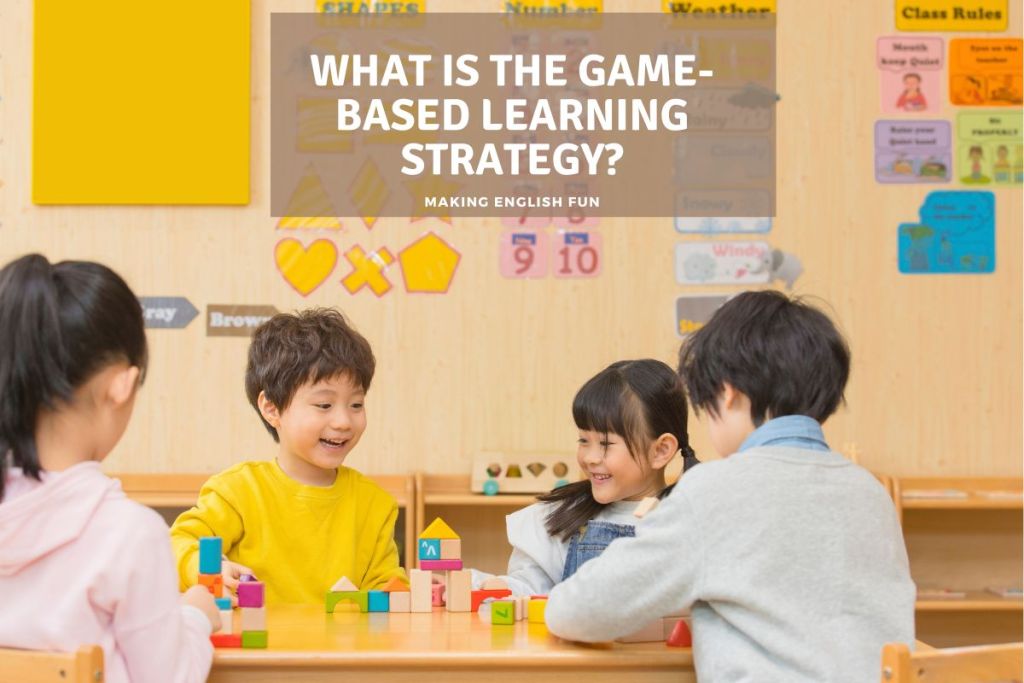
Understanding Game-Based Learning
Game-Based Learning involves using game principles and mechanics to create an interactive learning experience that motivates and engages students.
- Core Concepts: At its heart, Game-Based Learning incorporates elements like challenges, rewards, and interactive gameplay into educational activities. It aims to make learning more engaging and effective by tapping into the motivational aspects of games.
- Distinction from Traditional Methods: Unlike conventional educational methods, Game-Based Learning often involves a high level of student interaction and engagement, making learning a more active process.
This approach to learning emphasizes the importance of engagement and interactivity in educational settings.
Table: Key Aspects of Game-Based Learning
| Aspect | Details about Game-Based Learning |
|---|---|
| Definition | An educational approach that integrates gaming elements and principles into learning activities. |
| Core Elements | Interactive gameplay, gamification elements, feedback mechanisms, and technology integration. |
| Benefits | Increased student engagement, enhanced learning outcomes, improved problem-solving skills, and development of soft skills. |
| Challenges | Ensuring educational relevance of games, access to technology, and teacher preparedness. |
| Implementation | Careful selection of games aligned with learning objectives, balancing games with the curriculum, and effective use of technology. |
| Application in Different Contexts | Adaptable across various educational levels from primary to adult education, with appropriate modifications for content complexity and technology access. |
Theoretical Foundations
Game-Based Learning is grounded in several educational theories that underscore the importance of active engagement and interaction in learning:
- Constructivism: This theory suggests that learners construct knowledge through experiences. Game-Based Learning aligns with this by providing experiential learning opportunities within a game environment.
- Flow Theory: Developed by Mihaly Csikszentmihalyi, this theory relates to the state of being completely absorbed and focused on an activity. Games often create a ‘flow’ state, which can lead to deeper learning engagement.
These theoretical foundations provide a robust framework for understanding how Game-Based Learning can enhance cognitive and emotional engagement in educational contexts.
Key Elements of Game-Based Learning
Effective Game-Based Learning involves several crucial components:
- Gamification Elements: Incorporation of game design elements like point scoring, competition, and rules of play into learning activities.
- Interactive Gameplay: Ensuring that games are interactive and require active decision-making from learners, thereby fostering engagement.
- Feedback Mechanisms: Providing immediate feedback through games, which helps learners understand their progress and areas for improvement.
- Technology Integration: Utilizing digital platforms and multimedia to create immersive and accessible game-based learning experiences.
Benefits of Game-Based Learning
Game-Based Learning offers a myriad of benefits that contribute to a more effective and engaging educational experience:
- Enhanced Engagement: The interactive and enjoyable nature of games increases student engagement and motivation.
- Improved Learning Outcomes: By combining learning objectives with game mechanics, students often exhibit better retention of information and understanding of concepts.
- Development of Soft Skills: Games can foster critical thinking, problem-solving, teamwork, and communication skills.
These benefits highlight how Game-Based Learning can create a dynamic learning environment that is both educational and enjoyable.

Implementing Game-Based Learning in Education
The successful integration of Game-Based Learning into educational settings involves strategic planning and consideration of key factors:
- Selecting Appropriate Games: Choose games that are aligned with learning objectives and suitable for the students’ age and educational level.
- Balancing Games and Curriculum: Integrate games as a complement to the curriculum, ensuring they reinforce rather than replace traditional teaching methods.
- Incorporating Technology: Utilize technology effectively to facilitate Game-Based Learning, whether through computers, tablets, or other digital platforms.
- Teacher Training: Educators should be trained in selecting, implementing, and facilitating game-based learning activities.
By thoughtfully implementing Game-Based Learning, educators can enrich the classroom experience and cater to diverse learning styles.
Challenges and Solutions
Implementing Game-Based Learning effectively can present certain challenges, which can be addressed with targeted solutions:
- Ensuring Educational Relevance: It’s crucial that the games used are not just entertaining but also have clear educational value.
- Solution: Select games with a strong alignment to learning objectives and incorporate them as part of a well-planned curriculum.
- Access to Technology: Not all students may have equal access to the technology required for digital game-based learning.
- Solution: Provide alternatives for students without access and explore low-tech game-based learning options.
- Teacher Preparedness and Perception: Some educators may be unfamiliar with or skeptical about integrating games into their teaching.
- Solution: Offer professional development opportunities and resources to teachers to build confidence and skills in using game-based learning methods.
Addressing these challenges is key to realizing the full potential of Game-Based Learning in educational settings.
Game-Based Learning in Different Educational Contexts
The versatility of Game-Based Learning allows it to be adapted across various educational settings:
- Primary Education: Simple, interactive games can be used to teach basic concepts in math, language arts, and science, making learning fun and engaging for younger students.
- Secondary Education: More complex games can be integrated to explore advanced topics, encourage strategic thinking, and facilitate collaborative problem-solving.
- Higher Education: Game-Based Learning can be used for simulations, case studies, and role-playing exercises to provide deeper insights into subject matter.
- Adult Education and Professional Training: Incorporate games that simulate real-world scenarios and challenges, enhancing skill development and practical application.
In each context, Game-Based Learning offers unique opportunities to enhance learning experiences and cater to diverse educational needs
Conclusion
Game-Based Learning stands at the forefront of educational innovation, offering an engaging, interactive, and effective way to enhance learning experiences.
By blending the excitement and engagement of games with educational content, this approach has the potential to transform traditional teaching methods, making learning more appealing and accessible to students of all ages.
The benefits of Game-Based Learning, from increased engagement and motivation to the development of critical thinking and problem-solving skills, are clear indicators of its value in education.
While challenges exist, such as ensuring the educational relevance of games and equitable access to technology, these can be effectively addressed with thoughtful planning and resourcefulness.

